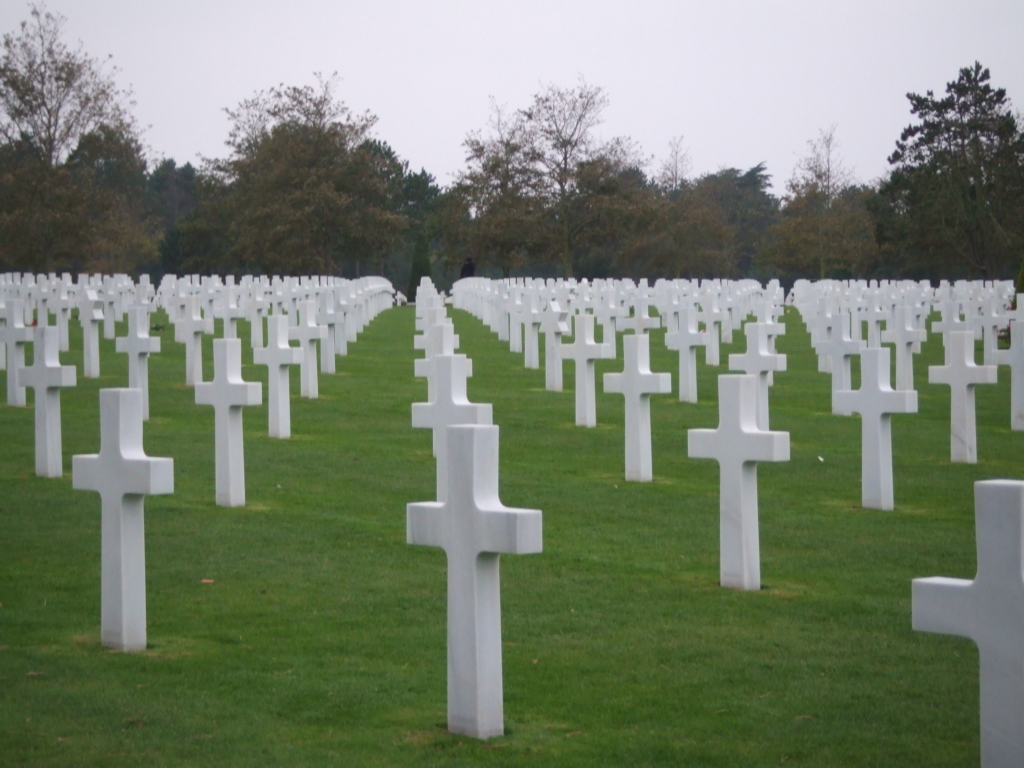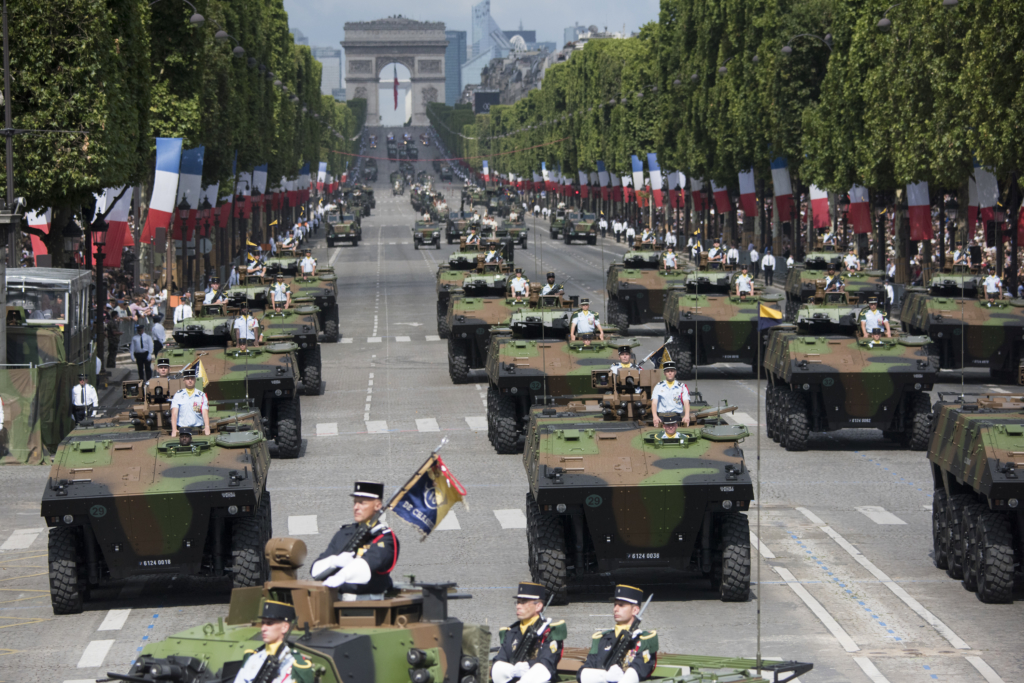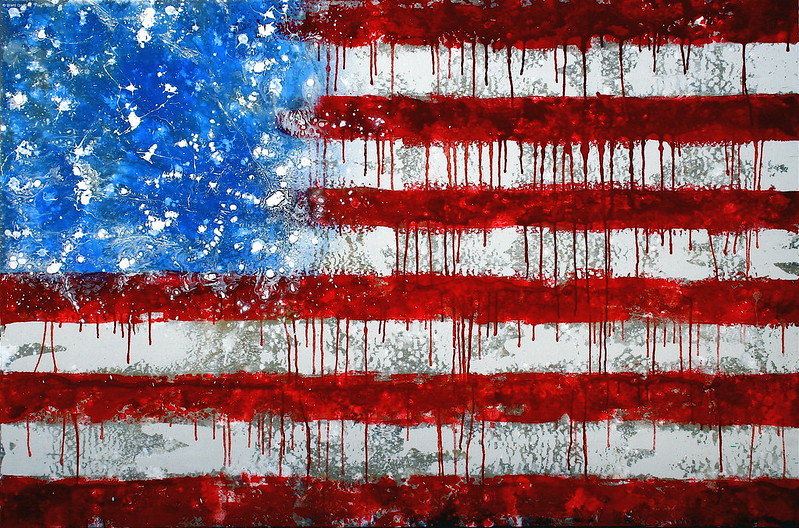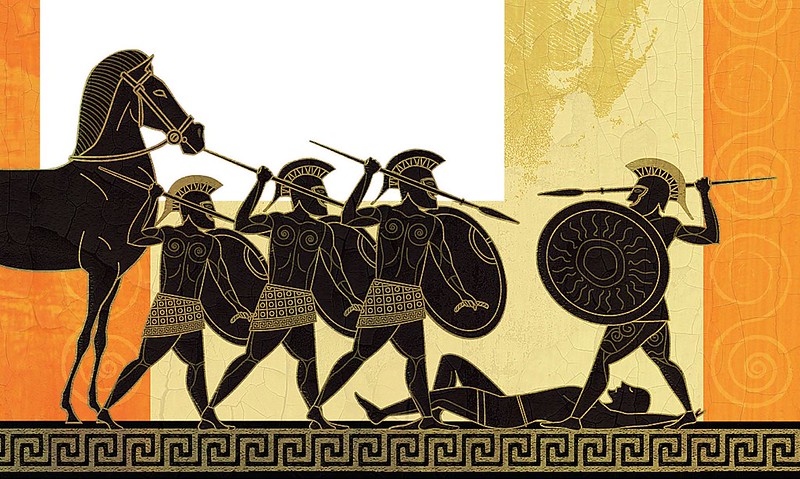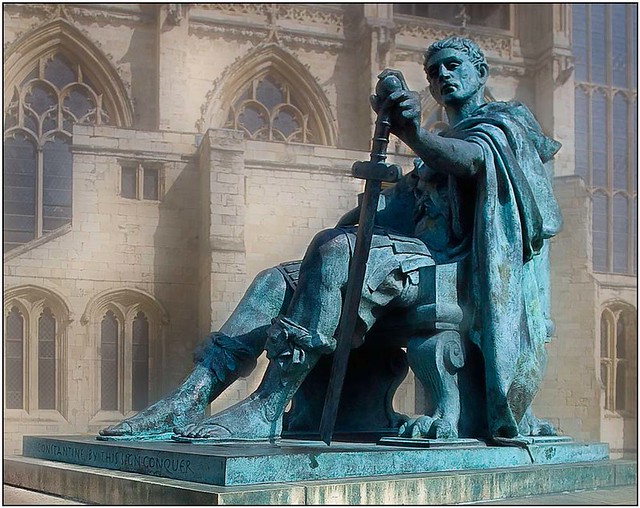“Above All — Don’t Lie”
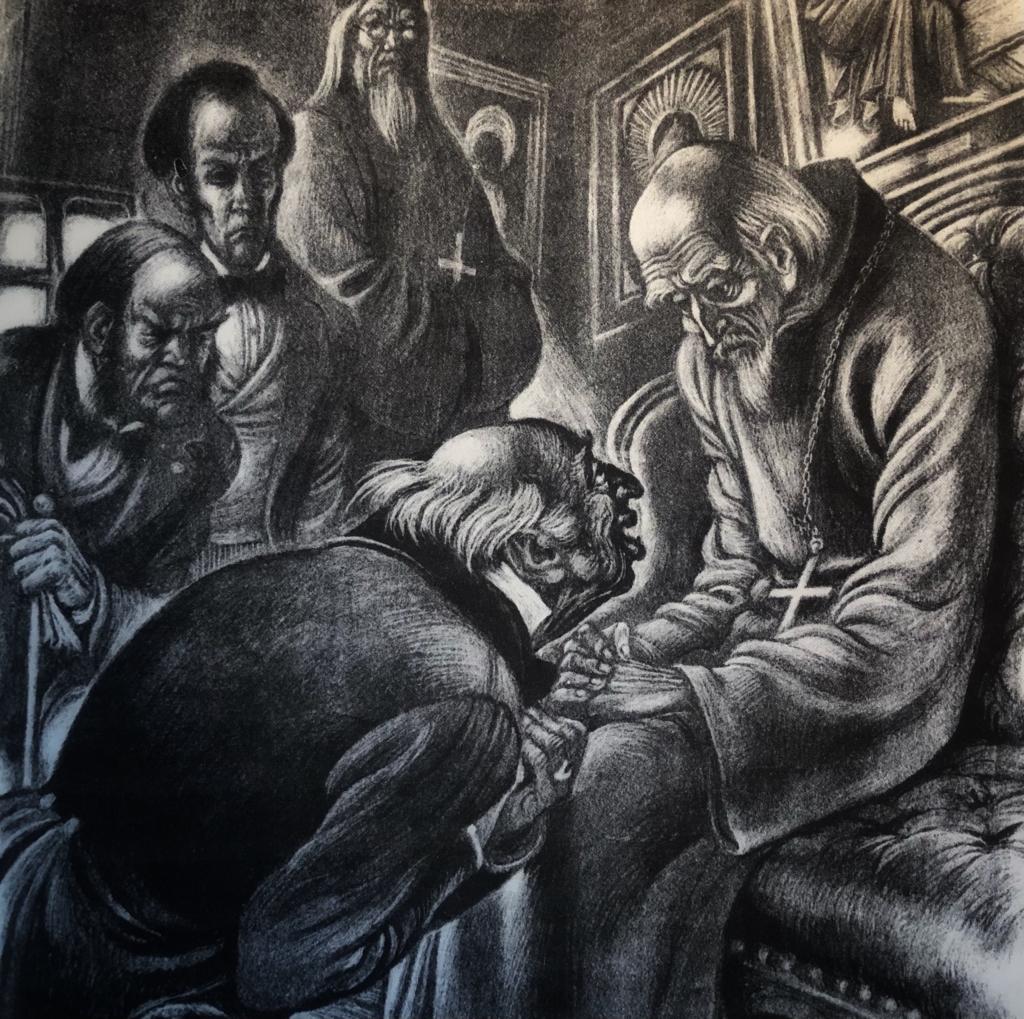
“Above All — Don’t Lie”
Brian Zahnd
Lately I’ve been thinking about the seductive nature and ruinous consequence of embracing lies. I’m alarmed by what seems to be a deliberate move toward a post-truth society. Euphemistic language is eroding veracity. Lies are sold as “alternative facts” while uncomfortable truth is dismissed as “fake news.” Political tribalism requires adherence to an approved “version of the truth.” Propaganda and conspiracy theories have become the mind-addling narcotics of groupthink. The Information Age is swiftly devolving into the Disinformation Age. So I need to say something: With all my heart I urge you to resist being swept away in a current of lies. There are few things, if any, as destructive to the soul as embracing untruth. As the Proverb says, “Buy the truth, and sell it not.” Above all — don’t lie.
Read more
